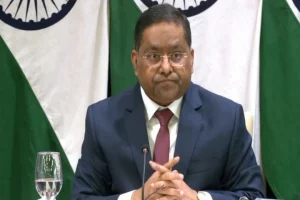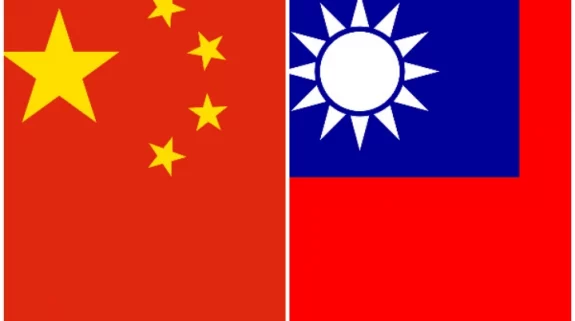India proposes to build a portion of its strategic oil reserve in the US to take advantage of current low prices and quickly scale up its storage.
The move will allow the country to quickly enhance the strategic oil reserve to meet 100 days of oil requirements from present capacity that can just meet nine days of oil imports.
India has signed a memorandum of understanding (MoU) with the US to cooperate on strategic petroleum reserve during the recently concluded India-US strategic energy partnership meeting attended Indian Oil Minister Dharmendra Pradhan and US Secretary of Energy Dan Brouillette. Also, the two sides have progressed over storing Indian crude oil in the US Strategic reserve to enhance the country's strategic stockpile.
The development is significant as India has not been able to build large strategic storage capacities for crude even though a programme on this regard started a few years back. Lack of adequate space at India's strategic oil reserve has become a case of opportunity lost for the country, as current low oil prices created ideal ground to scale up strategic oil without additional cost.
"Oil storage is about the only thing in demand in the crude market right now. The coronavirus pandemic has obliterated consumption and forced producers and traders to store more oil on the water as land-based facilities near tank tops. While India will fill its caverns with crude, the lack of space means it's also an opportunity lost," the Platts Insight blog said earlier.
India's combined strategic oil reserve capacity of 5.33 million Mt at three locations in southern Indian — Vishakhapatnam, Mangaluru and Padur — is just over half full. Even if this is filled up completely, the country will import substitution of just nine days, which is considered too low. India's crude imports averaged around 4.5 million b/d in 2019.
Compared to India, Asian neighbors such as China, Japan and South Korea have much bigger strategic petroleum reserve (SPR) capacity. China's total capacity is 550 million barrels, Japan's SPR is 528 million barrels and South Korea has 214 million barrels.
That compares to a paltry 39 million barrels for India. For India, this equates to just nine days of cover in the event of a disruption compared with 198 days for Japan at the other end of the spectrum.
Though, the government has approved another 6.5 million Mt of SPR under the second phase given the country's reliance on oil, the capacity will only come up over next six to seven years, preventing the country to take advantage of the current oil prices.
The facility to store oil in the US strategic oil reserve would thus give the country an immediate solution to the lower scale of domestic strategic oil reserves. Though the terms of building this overseas strategic oil reserve is still to be worked out, the strengthening of the Indo-US relations is expected to allow this to be fast tracked at offered best terms by the US.
The US has a very large strategic oil reserve standing at over 88 million tonnes of crude. It also offers its strategic reserve for third party storage for a fee. But such a facility is extended only to the key US allies.
The deal for sharing strategic oil reserves would also work to the advantage of the US that is also looking at customers for its shale oil in this oversupplied market. India has also increased its oil buys from the US in the last two years and the quantum has almost doubled now.
India is already the fourth largest buyer of US oil and fifth largest for LNG. The bilateral hydrocarbon has expanded 93 per cent in the last two years to $9.2 billion in 2019-20, which is 10 per cent of the total trade between the two countries..



















